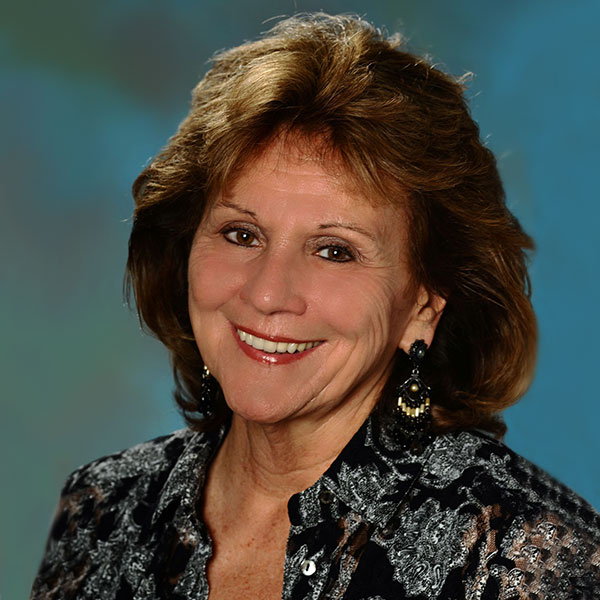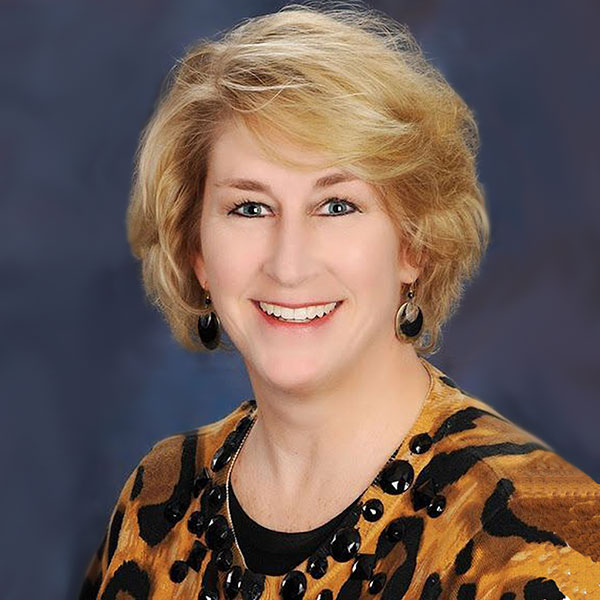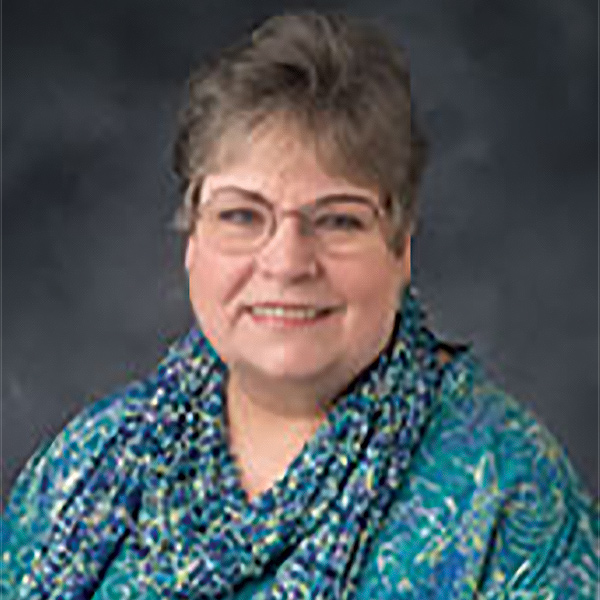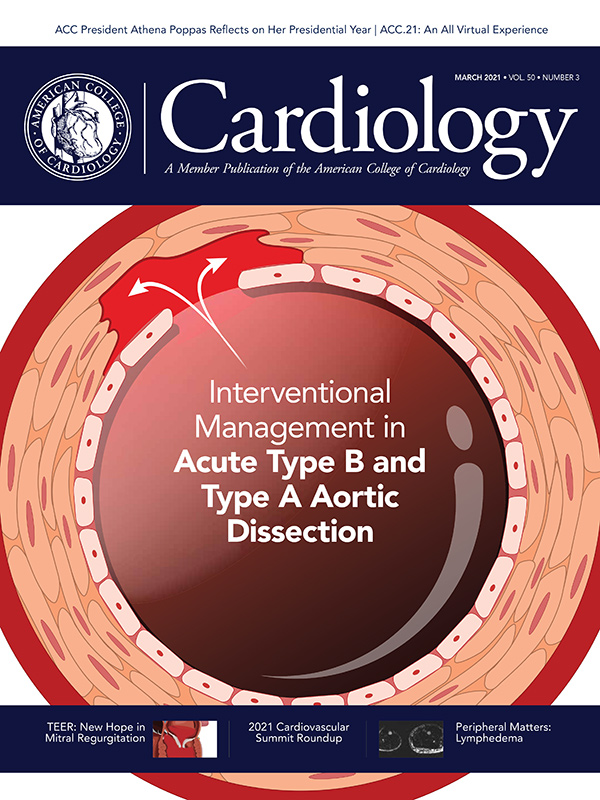From the Member Sections | What’s in a Name? Recognition and Respect

In the famous play, Romeo and Juliet, William Shakespeare wrote: "'Tis but thy name that is my enemy…" In the play, Juliet ponders, "What's in a name?" saying it is only Romeo's name that's the enemy. For nurse practitioners (NPs) it is also true the "enemy" is being called mid-level providers (MLPs).
Terms like MLP, physician extender, non-physician provider, limited-license provider and allied health provider originated outside of the medical community and are imprecise, misleading, out-of-date and disrespectful. In some cases, terms like "non-physician provider," are also nonsensical. Is a physician a non-nurse? Is an apple a non-orange?
These terms mask the NP's true identity and minimize the many contributions they bring to patient care. In its 2011 "The Future of Nursing: Leading Change, Advancing Health" report, the Institute of Medicine recommended removing unnecessary limitations to nurses, and NPs, scope-of-practice, noting that "NPs work in concert with other health care providers and bring a unique perspective to patient care." They are not an extension of any other provider's care, nor do they deliver "mid-level" care.
A 2009 American Association of Nurse Practitioners (AANP) position paper also highlighted how these terms falsely imply "an inaccurate hierarchy in clinical practice" and add an unnecessary level of confusion for patients. If an NP is a mid-level provider, then who might be the high-level, or conversely a low-level, provider? "NPs practice at the highest level of professional nursing practice," the AANP report states. "It is well established that patient outcomes for NPs are comparable or better than that of physicians. NPs provide high-quality and cost-effective care."
For years, the American Medical Association has campaigned for health care workers to use and be identified by their legal titles, which are recognized in both statue and regulation. The Centers for Medicare and Medicaid Services (CMS), which used the MLP term years ago, has long since removed the term from its glossary, while defining NPs as licensed, independent practitioners who work throughout the continuum of care. Billing for patient care is by an NP, not a mid-level provider.
It is time for the NP community, organizations like the ACC and the entire health care community to think about "what is in a name" and follow the AANP, AMA, CMS and others in using the legally recognized NP title, as they use other legal titles like social worker, occupational therapist and pharmacist. The ACC's 2015 Health Policy Statement on Team-Based Care underscores the importance of NPs as "autonomous professionals who work collaboratively with other health care members to deliver care to cardiovascular patients in a team-based approach designed to transform care, improve heart health, and help meet the demands of the future."
Let's not ignore or minimize the fact that we are nurses – one of society's most cherished professions. Let's think about what is being communicated and implied by terms like MLP before we speak or write. Let's relegate these terms to the trash bin of history and instead use language that precisely, accurately and respectfully communicates the true identity of NPs and their important role in the management and delivery of patient care.
The ACC’s Cardiovascular Team Member Section serves as the organizational home for nurses, nurse practitioners, physician assistants, clinical pharmacists, cardiac rehabilitation specialists and other team professionals within the College.



This article was authored by Kristine Anne Scordo, PhD, APRN, ACNP-BC, FAANP, chair, ACC APRN Work Group, professor emeritus, Wright State University, Dayton, OH, Schuster Cardiology, Dayton; Carla Weidner, DNP, FNP-BC, CLS, AACC, chair-elect, ACC APRN Workgroup, St Luke's Cardiology, St. Luke's University Health Network, Easton, PA; and Julie Stanik-Hutt, PhD, ACNP/GNP-BC, CCNS, FAAN, FAANP, clinical professor and director, AG-ACNP Program, The University of Iowa, College of Nursing, Iowa City, IA.
Clinical Topics: Arrhythmias and Clinical EP, Cardiovascular Care Team, COVID-19 Hub, Diabetes and Cardiometabolic Disease, Heart Failure and Cardiomyopathies, Prevention, Atherosclerotic Disease (CAD/PAD), Atrial Fibrillation/Supraventricular Arrhythmias, Acute Heart Failure, Exercise
Keywords: ACC Publications, Cardiology Magazine, Accelerometry, Artificial Intelligence, Atrial Fibrillation, Biomedical Technology, Blood Pressure, Cardiovascular Diseases, Caregivers, Caregivers, Chronic Disease, Commerce, Communication, Coronary Artery Disease, Coronavirus, Cost-Benefit Analysis, COVID-19, Current Procedural Terminology, Delivery of Health Care, Device Approval, Disease Management, Electrocardiography, Electronic Health Records, Episode of Care, Family Characteristics, Fee-for-Service Plans, Financial Management, Follow-Up Studies, General Practitioners, Health Care Costs, Heart Rate, Heart Failure, Hospitalization, Lower Extremity, Medicare, Mobile Applications, Monitoring, Physiologic, Nurse Practitioners, Oxygen, Prevalence, Privacy, Quality-Adjusted Life Years, Renal Dialysis, Respiratory Rate, Risk Assessment, Skin Temperature, Stethoscopes, Stroke, Technology, Telemedicine, United States Food and Drug Administration, Vascular Diseases, Vital Signs, Videoconferencing, Wireless Technology, Waiting Lists, Walking
< Back to Listings


